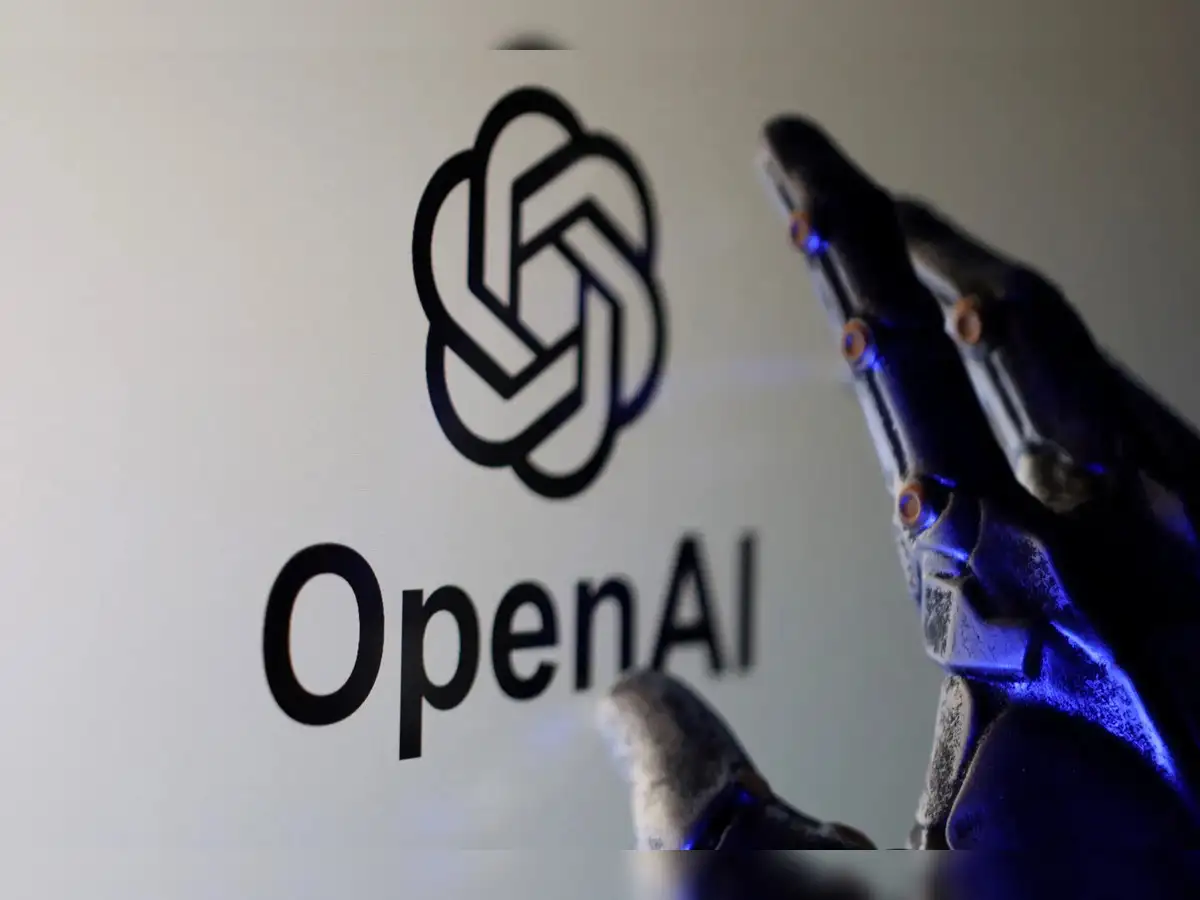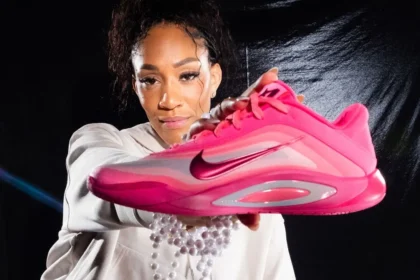OpenAI’s newest video generation model, Sora 2, has taken the internet by storm — and stirred up a heated conversation about copyright and artificial intelligence.
Since its release on October 1, the AI-powered video tool has gone viral for its ability to create stunningly realistic clips inspired by popular franchises like South Park, Pokémon, and Super Mario. Users have been flooding social media with AI-generated parodies, but not everyone is amused.
OpenAI CEO Sam Altman confirmed that the company plans to give copyright holders more control over how their characters and content appear in Sora 2-generated videos.
“We will give rightsholders more granular control over the generation of characters,” Altman wrote in a blog post on Friday, noting that the change will mirror OpenAI’s “opt-in” model for likeness use, but with additional safeguards.
The decision comes amid ongoing copyright lawsuits against OpenAI, including a major case filed by The New York Times. The issue gained traction earlier this year when a ChatGPT-powered image generator produced a flood of AI images mimicking the art style of Studio Ghibli, prompting widespread criticism from creators.
AI Creativity Meets Copyright Boundaries
Sora 2’s release has reignited the debate about how AI should interact with existing intellectual property. The Wall Street Journal previously reported that OpenAI would soon require copyright holders, such as film and gaming studios, to opt out of having their work replicated in AI-generated videos.
While the invitation-only Sora 2 app typically rejects requests involving Disney or Marvel characters, users have still managed to share viral clips featuring other major franchises. Among them: Pokémon’s Pikachu, Nintendo’s Super Mario, and Sega’s Sonic the Hedgehog — all reimagined in cinematic or parody settings.
Altman acknowledged the fascination users have shown with Japanese animation and gaming culture.
“We’d like to acknowledge the remarkable creative output of Japan — we are struck by how deep the connection between users and Japanese content is!” Altman said.
Copyright Owners Push Back
Not all creators are celebrating the surge in AI-powered creativity. Nintendo released a statement on X (formerly Twitter), clarifying that it has not been in contact with the Japanese government regarding generative AI.
“Whether generative AI is involved or not, we will continue to take necessary actions against infringement of our intellectual property rights,” the company stated.
Meanwhile, Japanese lawmaker Akihisa Shiozaki voiced concern about the potential legal and political implications, calling for swift action to protect Japan’s creative industries.
“I would like to address this issue as soon as possible in order to protect and nurture the world-leading Japanese creators,” he said.
As OpenAI navigates mounting scrutiny from artists, governments, and copyright holders, Sora 2 stands at the center of a growing debate — balancing innovation with the rights of the creators who inspired it.




